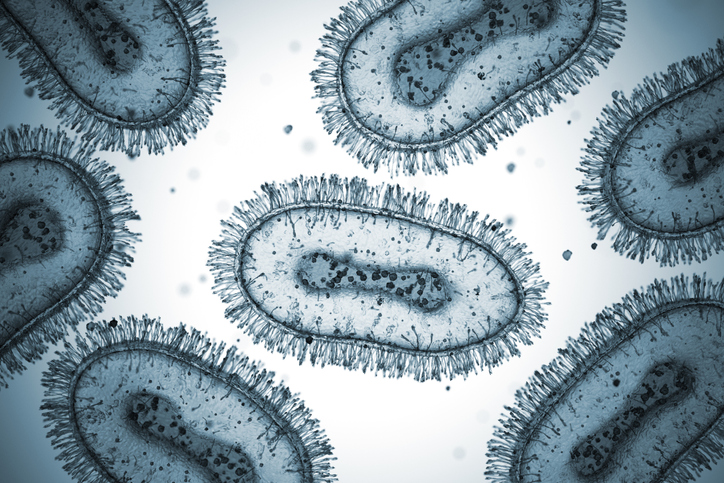Byline: Olivia Dimmer
-

New Targets for Treating Blood Disorders
Northwestern Medicine scientists have uncovered key details about a group of rare but serious blood disorders, according to a study published in the Journal of Clinical Investigation.
-

Antimicrobial Resistance Expert to Lead Division of Infectious Diseases
Jennie H. Kwon, DO, MSCI, associate professor of medicine at Washington University in St. Louis, has been named the Gene Stollerman Professor and Chief of the Division of Infectious Diseases, effective October 2025.
-

How Hair Follicles Sense Their Environment
Northwestern Medicine scientists have discovered how cells responsible for hair growth perceive physical forces in their environment and utilize this information to regulate their behavior, according to a study published in Science Advances.
-

Developing New Methods to Map Brain-Wide Synaptic Changes
Scientists have developed a new method to track changes in synaptic protein lifetimes across the entire brain, according to a study published in Nature Neuroscience.
-

Study Uncovers Key Biological Markers in Severe Malaria
Scientists investigating severe malaria infections in children have uncovered key biological markers that could help guide future treatments, according to a study published in Nature Communications.
-

Compound Produced by Gut Bacteria May Slow Alzheimer’s Progression
A compound found in the gut may reduce some of the manifestations of Alzheimer’s disease, according to a Northwestern Medicine study published in the Journal of Clinical Investigation.
-

Targeting Tumor Metabolism to Trigger Cancer Cell Death
Northwestern Medicine scientists have developed a promising approach to killing treatment-resistant cancer cells by exploiting their hidden metabolic vulnerabilities, according to a study published in the Proceedings of the National Academy of Sciences (PNAS).
-

Medical Student Advances Public Health at Home and Abroad
Lilian Bui, ‘25 MD, ’25 MPH, a recent Feinberg graduate, completed two global health rotations as part of her medical school education and has lobbied on behalf of public health on Capitol Hill.
-

Uncovering How Poxvirus Hijacks Host Proteins to Spread
Northwestern Medicine scientists have uncovered new details about how poxvirus hijacks its host’s protein synthesis machinery to multiply and spread, according to a study published in Nature Microbiology.
-

Understanding the Genomic Complexities of Glioblastoma Tumors
Genetic makeup and structure can shift dramatically across different areas of a single glioblastoma tumor, reveals a Northwestern Medicine study published in Science Advances.





